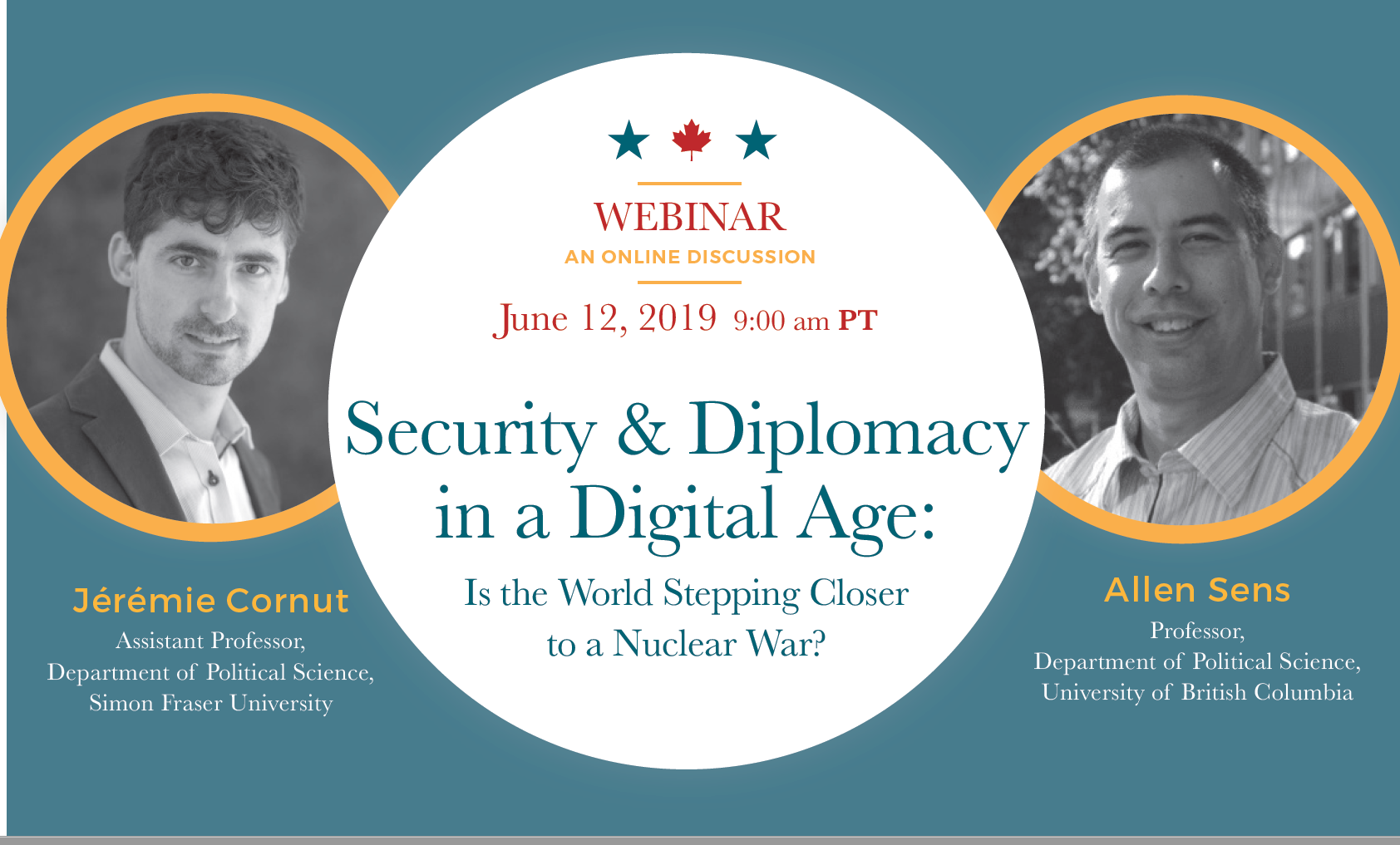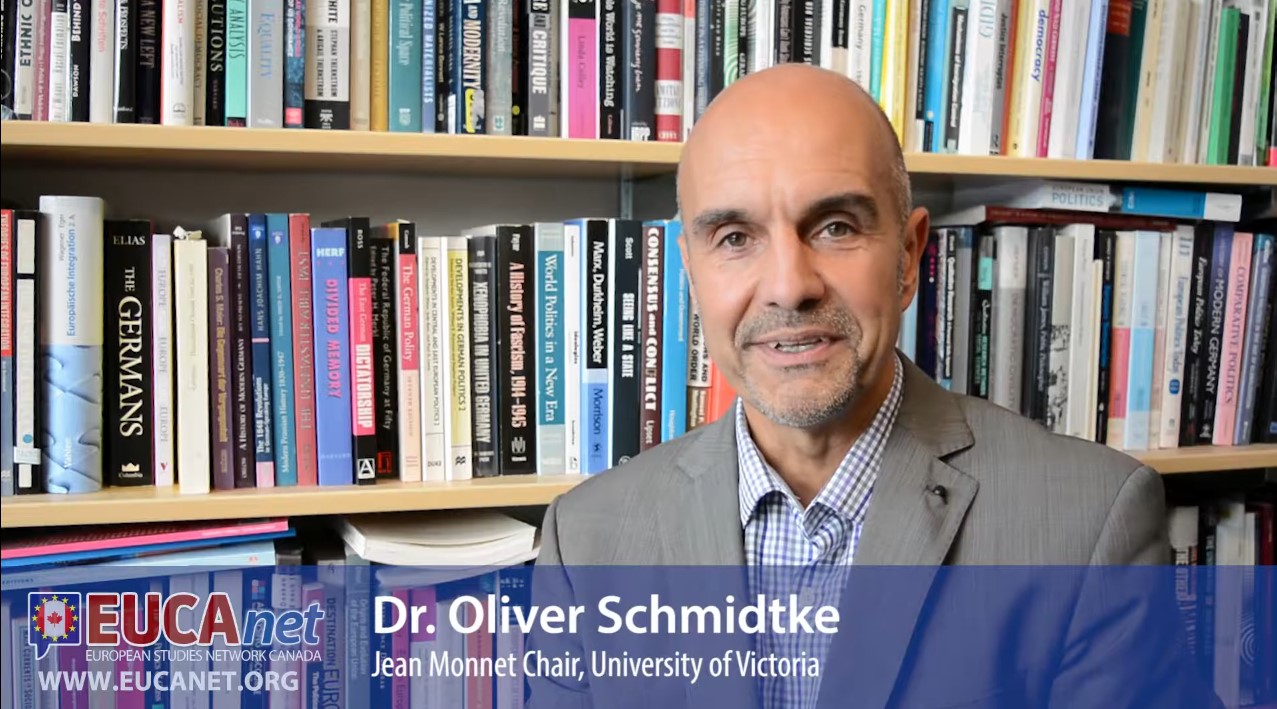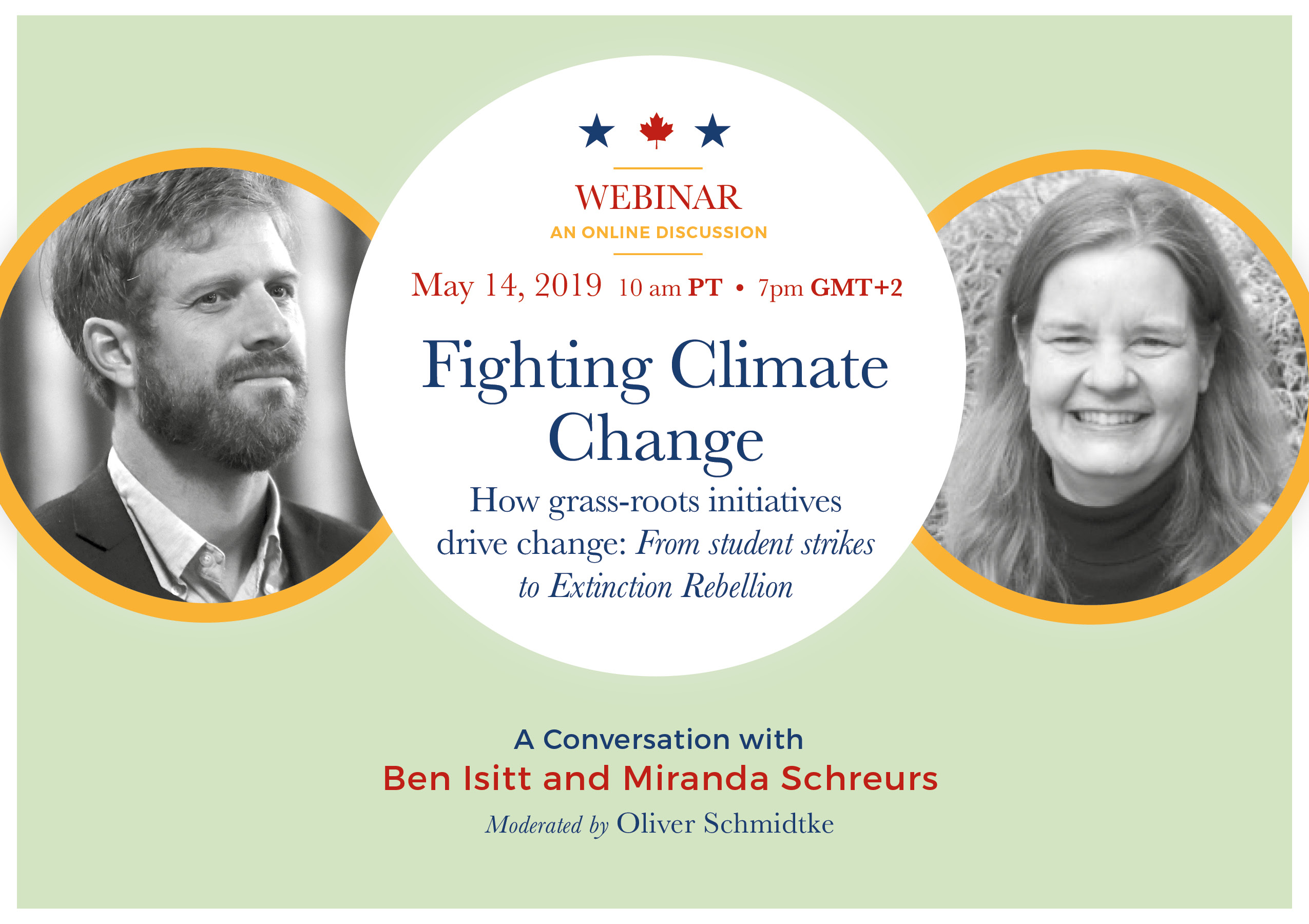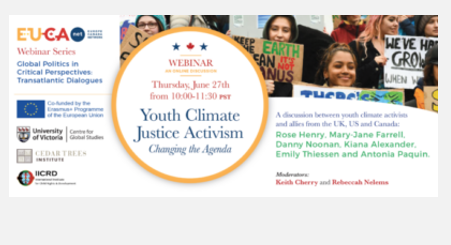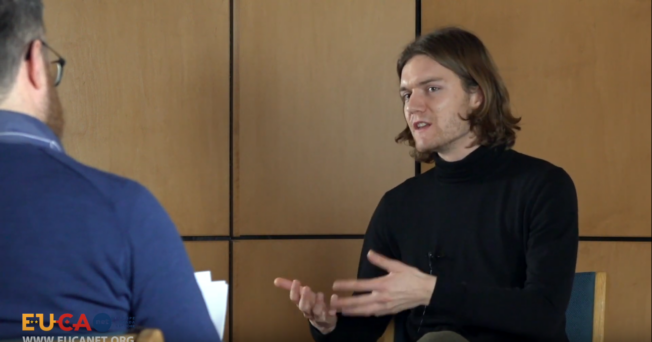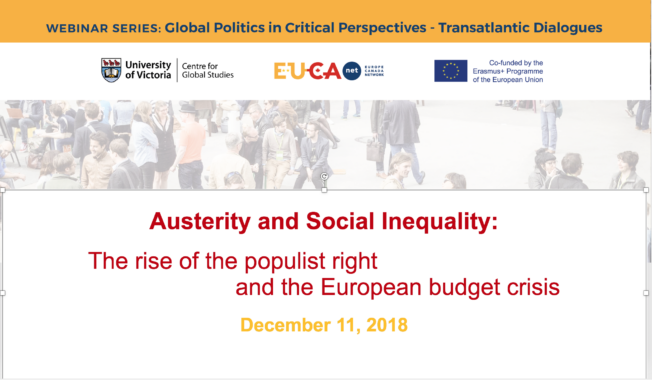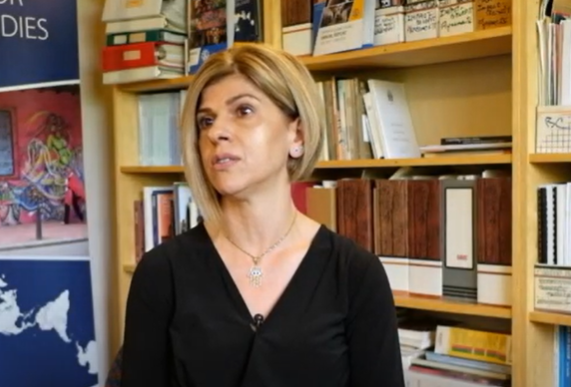Webinar: Security & Diplomacy in a Digital Age. Is the World Stepping Closer to a Nuclear War?
This webinar looks at the rapidly changing nature of global security challenges and the way in which the international community is tackling them. Are we stepping ‘toward the brink’ with a view to the resurgence of nuclear weapons? What are the diplomatic means by which we address the emerging threats to our collective security?
With a presentation by Allen Sens (University of British Columbia) the webinar addresses the Resurgence of Nuclear Weapons in today’s world. In this first part, the following question is raised: As global and regional tensions increase and governments abandon arms control treaties, is the world stepping closer to a nuclear war? A number of disturbing trends have emerged suggesting the risk of nuclear weapons use is increasing. These include: rising tensions between the United States and Russia, by far the two leading nuclear powers in the world; the uncertain future of the Iran Nuclear Deal; continued confrontation with North Korea; the ongoing nuclear arms race in South Asia; and the collapse of various nuclear arms control agreements. In this environment, the prospects of nuclear use through mistake or miscalculation are amplified. On the other hand, key components of the nuclear arms control regime remain in place, and the vast majority of governments in the world remain committed to the principles and practice of nuclear threat reduction. In an era when nuclear weapons have made something of a comeback on the international security agenda, the need for more effective public education is crucial.
In the second presentation of this webinar, Jérémie Cornut (Simon Fraser) debates the role of digital diplomacy in international security: 21st century communications technologies change the way countries promote their interests and values and win hearts and minds beyond their borders. The most recent developments in communications technologies increased not only the speed of international communication, but also the reach of these communications. International politics become a battle of digital narratives, in which the country that wins is the country that manages to successfully use social media. This requires new skills from diplomats. This analysis will notably be illustrated with the Twitter war between Canada and Russia in August 2014. The Canadian delegation to NATO posted a Russia/Not Russia map with the goal of asserting Ukraine’s territorial sovereignty. It instrumentalized digital diplomacy to serve this purpose and succeeded in attracting the attention of a wide audience, while Russians failed to counter this narrative. These discussions allow to understanding better innovations in public diplomats’ practices and their impact on international security.
Speakers Overview
Allen G. Sens (Ph.D, Queen’s) specializes in international relations, with a research and teaching focus on international security. He has a particular interest in armed conflict and conflict management, especially peace operations, nuclear weapons and arms control, European security, and Canadian foreign and defence policy. Dr. Sens was recently the principal investigator for a SSHRC Partnership Development Grant on knowledge mobilization through radio podcasting. He is co-coordinator of TEDx UBC. Dr. Sens was a recipient of the UBC Killam Teaching Prize in 2003 and a recipient of the Canadian Political Science Association Prize for Teaching Excellence in 2018.
Jérémie Cornut is an assistant professor in the Department of Political Science at Simon Fraser University, Vancouver, Canada. His teaching and research focus on digital diplomacy, public diplomacy, international relations theory, and Canadian foreign policy. His articles have notably been published in the European Journal of International Relations, Cooperation and Conflict, Journal of International Relations and Development, International Studies Perspectives, International Journal, Études internationales, and Canadian Foreign Policy Journal. He is currently working on the transformative impact of technology on diplomacy.
Moderator
Oliver Schmidtke is professor at the Department of Political Science and the Director of the Centre for Global Studies at the University Victoria. His research interests are in the fields of comparative European politics and contemporary history, European integration, migration, ethnic conflicts, and nationalism/populism.
